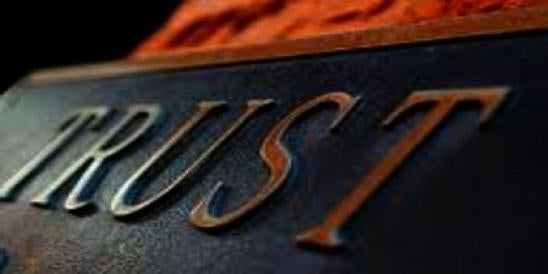In its recent decision in Estate of Boyar, the Illinois Appellate Court applied the doctrine of election, a long-established principle of the law of wills, to a revocable trust. Although the ruling is not the final word because the Illinois Supreme Court has granted review, Boyar illustrates a broader national trend toward treating will substitutes as testamentary documents.
Background
Just before he died, an 84-year old man who suffered from dementia amended his revocable trust. Before the amendment, the successor co-trustees were a corporate fiduciary and the man's son, Robert Boyar. They could be removed by a majority of the income beneficiaries. The amendment appointed the man's neighbor, a lawyer, as sole successor trustee and deleted the trustee removal provisions.
After their father's death, Robert and his four siblings allocated their deceased father's tangible personal property among themselves in accordance with the terms of the trust. After learning that the father's neighbor was acting as trustee, Robert filed a petition alleging that the amendment was invalid because the settlor lacked capacity and was subjected to undue influence and because the neighbor improperly installed himself as trustee.
Decision
Rather than address these issues, the trial court held that Robert's petition was barred by the doctrine of election, which holds that "any person who voluntarily accepts a beneficial interest under a will is held thereby to ratify and confirm the entirety of the will that conferred the benefit." Because Robert had accepted a distribution of personal property under the terms of the trust, he was barred from challenging the validity of the amendment.
The appellate court affirmed. Because the specific question was one of first impression in Illinois, the court's analysis drew on a variety of sources. First, the court noted that in certain other contexts, Illinois case law and statutory enactments treat trusts the same way as wills.
Next, the court cited cases from Michigan and North Carolina, observing that "those jurisdictions that have addressed the application of the doctrine of election to trusts have rejected the notion that the doctrine is exclusively confined to wills and cannot be used in the context of other instruments, including trusts."
Finally, the Boyar court recognized the logic of treating trusts like wills. Trusts have proliferated "as an alternative, if not the preferred, means of passing property at death," and there are "similarities in interest obtained by a beneficiary of a trust and a will." Therefore, the court wrote, "we perceive no reason why the doctrine of election ought not to apply to the trust with the force it would apply if the document at issue were a will."
Analysis
Boyar is consistent with what the Restatement (Third) of Property describes as a general movement "toward the policy of unifying the law of wills and will substitutes." For example, last year the California Court of Appeal decided that a settlor's mental capacity to amend a trust should be evaluated using the standard that applies to wills (a step Illinois took some time ago). Of course there are limits — in Boyar, the decedent's son argued that extending the doctrine of election to all trusts could mean that a beneficiary who received a distribution from a revocable trust during the settlor's lifetime would be foreclosed from contesting the trust post-death. The Boyar court acknowledged the son's argument and said its holding was limited "to the particular circumstances of this case." But the overall trend is clear, both in Illinois and elsewhere.


 i
i

